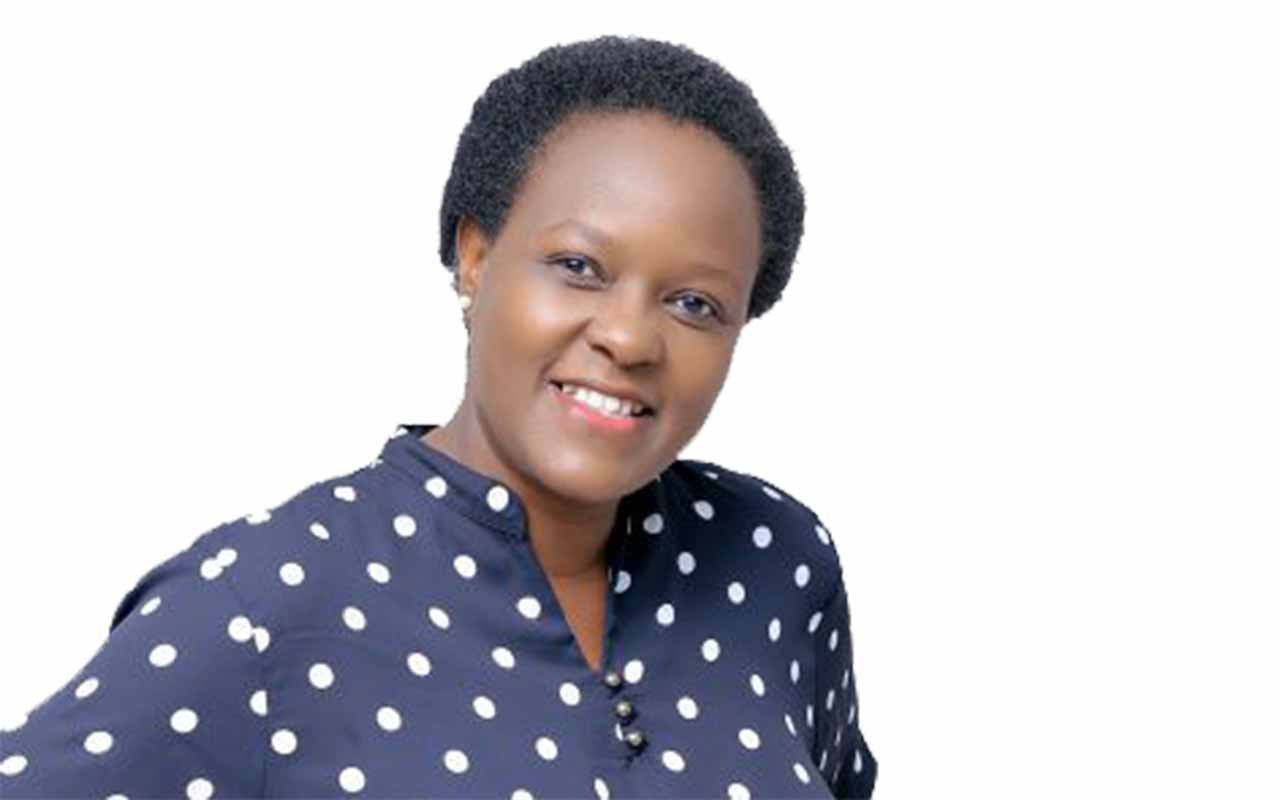The perils of political Opposition
What you need to know:
- Without facing up this sheer reality, the idea that somehow a different Opposition challenger, for example MP Robert Kyagulanyi, and not Besigye, will deliver a different outcome, is both misleading and perilous. If the former indeed ‘defeats’ Mr Museveni in next year’s elections, I will happily eat humble pie. I am willing to take a bet.
Ideally, a credible and well-organised political Opposition is a critical pillar of any system of government that lays claim to being democratic. But ideal is one thing, reality is another. I am an idealist. I believe in certain ideals, norms and principles.
The real world, however, is often far from the ideal, so any thoughtful person has to pay attention to the actual and concrete realities as they manifest on the ground. Uganda’s political opposition is in a state of tumult. This is not surprising. Let me back up a little bit and return to this in just a moment.
In the past weeks, there was mounting speculation as to whether or not veteran Opposition activist and founding president of the main Opposition party, the Forum for Democratic Party, (FDC), the indefatigable Dr Kizza Besigye, would have another go at the General Election to contest for president of Uganda in next year. If he did (or does), this would be Dr Besigye’s fifth shot having challenged our now president-for-life in 2001, 2006, 2011 and 2016.
On Wednesday, Dr Besigye came clear: He will not avail himself to yet another sham electoral process where the incumbent, Mr Museveni, is the guaranteed ‘winner’ because he pretty much presides over an election in which he is a candidate.
Dr Besigye’s announcement came as a surprise to many, both critics and supporters, the former because they believe he is too obsessed with challenging Museveni such that he cannot give up, the latter because they still consider him the best credible and competent candidate to confront the incumbent in a general election.
I am generally sympathetic to Dr Besigye’s stance: It is naïve to think that an Electoral Commission in the hands of Museveni’s appointees, some of whom are his cadres, can adjudicate an election in an impartial and satisfactory manner.
Ahead of the 2016 elections, I wrote in The Observer newspaper that if I were Dr Besigye, I would hang my political boots and completely withdraw from being a presidential candidate given the circumstances of military rule where elections are a mere façade and for window dressing purposes.
Even then, I fully understood why Dr Besigye remained engaged and ultimately participated in the 2016 elections even after forcefully arguing that it did not make sense. If you are involved in the struggle against an authoritarian regime, boycott is not an option. Failure to take advantage of the available opportunity to interface with the public during campaign time means you are rendered irrelevant.
Participating in the elections, however fraudulent in favour of the incumbent, is worthwhile because it keeps alive the mobilisation of the public and assures the presence of the Opposition in the imagination of the population. Consequently, at the polls or thereafter, anything is possible, including a crisis due to rigging if an informed and active citizenry is standing up.
This was a powerful argument that my colleague, Pat Mwambutsya Ndebesa, the eminent historian at Makerere University, forcefully made in a long meeting we had with Dr Besigye before he announced his candidacy for the 2016 elections. Contesting against Museveni has always been a double-edged sword for Besigye, participate he’s damned and boycott he’s still damned. Anyone who has illusions about a free, fair and credible presidential election in Uganda under Museveni is either utterly naïve or simply disingenuous.
For quite some time, Mugisha Muntu, a decent and honest compatriot, has made the argument that Opposition forces can overwhelm Museveni through superior organisation and rugged grassroots presence. This sounds fancy, but is unreal. Any Opposition challenger to Museveni is up against not a ruling party called NRM, but the entirety of Uganda’s state apparatus, from the army to the police and the treasury.
The NRM as an autonomous entity and as a concrete institution does not exist. What we have is the commandeering of State institutions for use in entrenching one-man rule and using State resources to repress any form of Opposition to the ruler.
Without facing up this sheer reality, the idea that somehow a different Opposition challenger, for example MP Robert Kyagulanyi, and not Besigye, will deliver a different outcome, is both misleading and perilous. If the former indeed ‘defeats’ Mr Museveni in next year’s elections, I will happily eat humble pie. I am willing to take a bet.
In my view, until Uganda renegotiates a new political consensus and establishes different rules for political engagement, it makes little sense to be an Opposition candidate for presidential elections.
Mr Khisa is assistant professor at North Carolina State University (USA).
[email protected]




